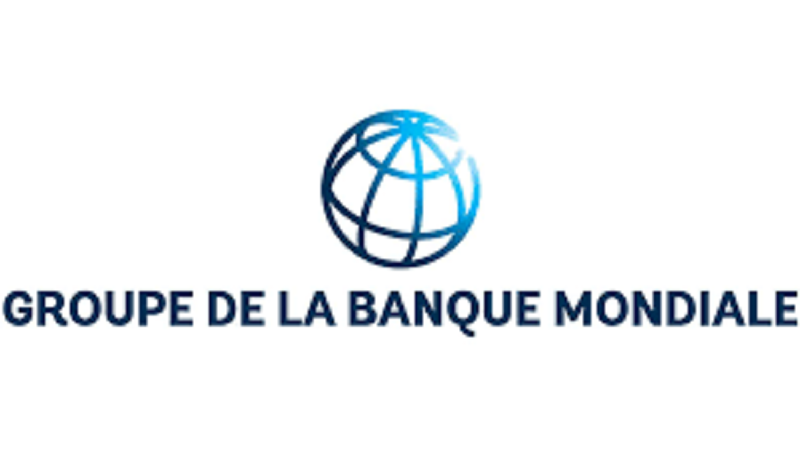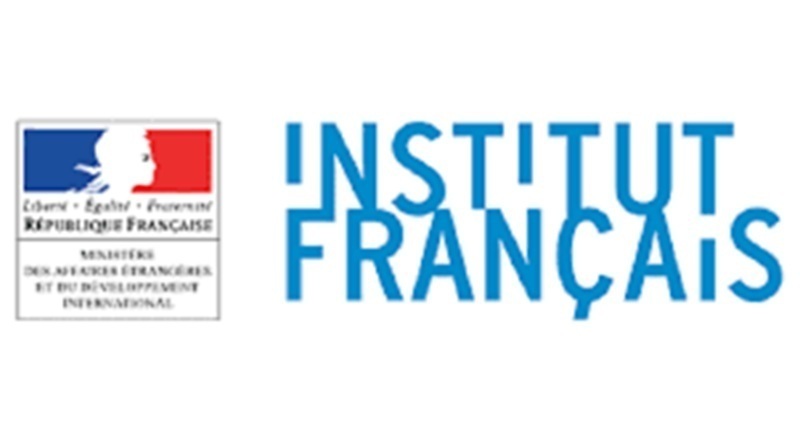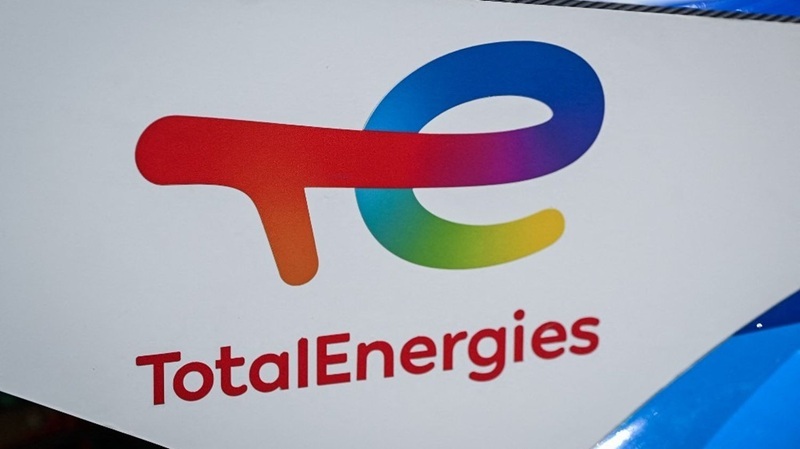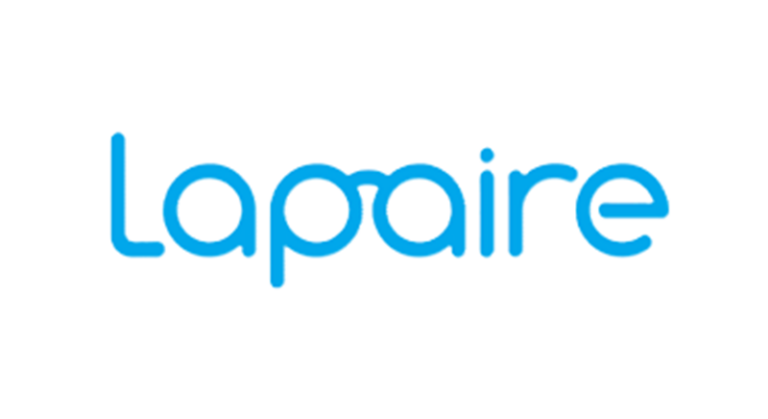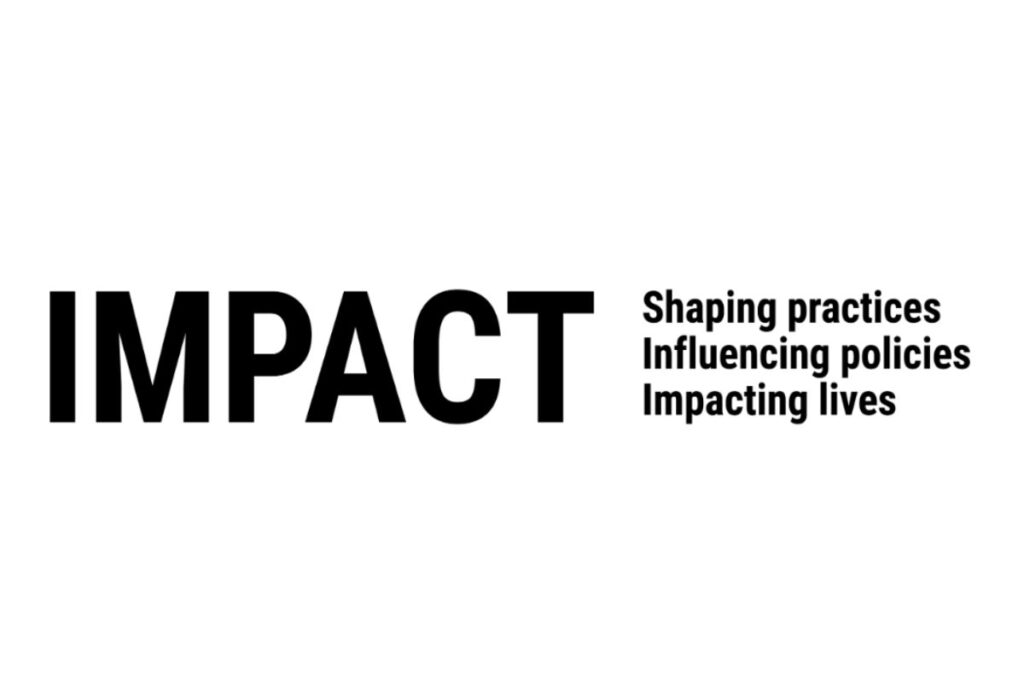Description
Voulez-vous construire une carrière qui en vaille vraiment la peine ? Le Groupe de la Banque mondiale est l’une des plus importantes sources de financement et de connaissances pour les pays en développement ; c’est un partenariat mondial unique composé de cinq institutions qui se consacrent à mettre fin à l’extrême pauvreté et à promouvoir une prospérité partagée. Avec 189 pays membres et plus de 120 bureaux dans le monde, nous travaillons avec des partenaires des secteurs public et privé, investissant dans des projets révolutionnaires et utilisant les données, la recherche et la technologie pour élaborer des solutions aux défis mondiaux les plus urgents.
Pour plus d’informations, visitez le site www.worldbank.org
Water Global Practice and the Sustainable Development Practice Group
The water challenges of the world are tremendous. For human development, livable cities, food security, and energy security the need for better water resources management is growing. Even today, 2.5 billion people lack access to improved sanitation, of which 1 billion people practice open defecation. Poor sanitation, including inadequate wastewater collection and treatment, impacts health, education, the environment, and industries such as tourism. At least 800 million people lack access to safe drinking water. The lack of access to safe water and sanitation results in significant economic losses in many countries. This is further exacerbated by climate change, water pollution, water scarcity, and the global covid-19 pandemic in a fast-changing world.
Globally, the World Bank Group finances water development through projects, policy lending and technical assistance in the fields of sustaining water resources, delivering services (both in water in agriculture as in water supply and sanitation) and building resilience, the Water Global Practice (GP) also seeks to ensure that water issues are effectively addressed across all related sub-sectors, such as agriculture (ensuring sustainable water availability for irrigation), climate change and disaster risk management, and energy (hydropower). In each sub-sector, an integrated approach is adopted which considers investment alongside issues such as governance, institutions, and policies. WIA (Water in Agriculture) projects focus on all aspects of agricultural water management, from governance in service delivery, to modernization of irrigation, farmer led irrigation, water accounting and resilience through improved agricultural water practices. The Water Supply and Sanitation (WSS) projects include rural and urban water and sanitation services, hygiene behavior, improving the efficiency of utilities, and provision of services to the poor. The Water Resources Management (WRM) projects include integrated water resource management, including groundwater management, dam safety, and flood management. Each team member is connected globally to these broad themes through the Global Solutions Groups (GSGs).
The Water GP is housed within the Sustainable Development Practice Group, which brings together the cross-cutting sectors of Water with Agriculture, Environment, Social Inclusion, and Urban and Disaster Risk Management.
Western and Central Africa (W AFR) Region
Western and Central Africa is a region with diverse cultures, beliefs, languages, and lifestyles – marked by contrasts of stability and conflict; affluence and poverty. Home to about half a billion people, it encompasses 22 countries stretching from the westernmost point of Africa across the equator and partly along the Atlantic Ocean to the Republic of Congo in the South.
Yet these vast opportunities are tempered by persistent gaps in education, health, and skills, which have Africa not reaching its estimated potential. Moreover, conflict, food insecurity, population growth, and the disruptive forces of climate change threaten to curtail or even reverse the progress that has been made over the past decades. The COVID-19 pandemic has brought back to the forefront the risks posed by weak health and water supply and sanitation systems, and poor surveillance.
The World Bank Western and Central Africa Region, comprised of approximately 1,139 staff mostly based in about 22 country offices, is committed to help countries to realize their considerable development potential and become more competitive in the global economy by focusing on the following priorities (i) Creating Jobs and Transforming Economies, (ii) Building up the Digital Economy, (iii) Institutions more Efficient and Accountable (iv) Investing in People, (v) Supporting Climate Change Mitigation and Adaption, (vi) Addressing the Drivers of Fragility, Conflict and Violence (vii) Building Partnerships and Working across the African Continent. The water team within the West and Central Africa Region is led by the Water Practice Manager who reports to the AFR-West SD Regional Director, who leads the strategy of RISE: resilience, integration, sustainability and efficiency.
Western and Central Africa (W AFR) Region: https://www.worldbank.org/en/region/afr/western-and-central-africa
Water Team of the West and Central Africa Region
Within the West and Central Africa Region, the hiring unit (SAWW1) is responsible for ensuring the translation of the World Bank’s Africa Regional Strategy and the Water Global Practice’s Water Security Strategy into practical results relevant to 22 countries, from Mauritania to Gabon. Specifically, the unit supports the definition and achievement of these results through analytical, policy, and investment activities. The unit has a staffing complement of around 35 water professionals, with an active portfolio of over $3.3 Billion,19 investment projects, 2 Programs for Results, Advisory Services and Analytics and contribution to Development Policy Financing.
The hiring unit has an active portfolio of investments and lending projects in Niger under implementation, focusing on water supply, sanitation, irrigation, and water resources management. In all cases, these require intensive engagement with government counterparts and other stakeholders to ensure local ownership, capacity, and sustained focus on implementation for results. As a result, the World Bank is locally recruiting one Water Sector Specialist based in Niamey, Niger – a Fragile and Conflict-Affected Situation (FCS).
The successful candidate will report to the SAWW1 Water Practice Manager.
Roles and Responsibilities
The role of the Water Sector Specialist will be to assist in: (1) the formulation of country sector strategies in the water and sanitation sector through strategic analytical works; (2) the World Bank’s support to the implementation of World Bank-financed projects and programs and preparation of new projects or programs as required; and (3) the monitoring and quality assurance of the water sector portfolio in Niger.
The candidate will be expected to work independently on complex projects / issues with guidance from senior colleagues, including Task Team Leaders (TTLs). S/he will support the lending and advisory services and analytics activities across the water sector. The assignment requires an extensive understanding of Niger’s water sector and principal constraints, as well as a significant experience working with global, regional and country clients and partners. While the candidate is expected to have a primary specialization in water and sanitation, s/he must have a demonstrated ability to work across the water sector, including in irrigation and drainage, water resources management, water security, and climate resilience/adaptation within the Niger country program and neighboring countries.
Specific duties include, but are not limited to, the following tasks both in Niger and in selected programs/countries within the sub-region:
Strategies, Planning and Policies
- Assist in the formulation of country sector strategies in the water sector. Participate in the reviews of sector policies and legal and regulatory frameworks for the water sector.
- Lead or co-lead strategic water Advisory Serv ices and Analytics (ASAs) for the Niger Country Office.
- Assist in the identification and preparation of projects.
- Lead discussions with donors and external partners.
- Liaise with the CMU and keep them informed of developments in World Bank projects, programs, and ASAs.
- Work closely with the Practice Manager and keep the Practice Manager updated on the program in the Niger Country Office.
- Work with relevant Global Solutions Groups and contribute to global and non-AFW regional work, as needed, to ensure globality of the Water GP.
Projects implementation and Preparation
- Participate in and eventually lead task teams in the preparation of investment and policy-oriented projects and associated implementation support.
- Participate in project supervision, including day-to-day monitoring and follow-up, field supervision, review of technical /procurement documents and work programs, assessing progress and key project outcomes and indicators through dashboards, and contributing to supervision documentation.
- Help identify and prepare new opportunities as instructed by management.
- Identify and support the resolution of implementation issues related to projects/programs in the sector.
- Work closely with client institutions to support effective implementation of World Bank supported programs.
- Establish good working relationships with project implementation units (PIUs), implementing agencies, as well as other relevant governmental non-governmental institutions, donors and other stakeholders.
- Assess capacity building and training needs of Executing Agencies of projects/programs.
- Carry out the planning and organization of workshops on World Bank procedures and deliverables.
- Encourage clients to use disruptive technology and ICT to speed up project implementation.
Institutional and analytical work
- Stay informed of developments in Niger’s water sector and its institutions, as well as relevant donor, private sector and NGO initiatives.
- Participate in and eventually lead task teams in the production of analytical studies.
- Identify and share relevant expertise and lessons learned within and outside the World Bank with the client.
- Identify and support linkages between the water sector, the World Bank’s country strategy, and the work of other sectoral teams.
Monitoring & Evaluation
- Monitor and assess the implementation of the World Bank’s water sector portfolio in Niger and in the region.
- Ensure quality control in sector portfolio management.
- Prepare timely reports on project/program implementation and progress towards development objectives.
Selection Criteria
- A Master’s degree in water resources, hydrology, hydraulics, sanitation, environment, civil engineering, irrigation or a related discipline with a focus on water supply and sanitation and water resources management.
- Recognized technical, operational and/or policy-oriented expertise, and at least 8 years of work experience in the relevant areas. This experience may include work in governments, academia, private companies, consultant firms, and multilateral institutions.
- Demonstrated knowledge and experience of water supply and sanitation service delivery and water resources management, including infrastructure development, utility/institutional reform, public/private partnerships, sector coordination and policy dialogue, private sector participation, pro-poor strategy, and program development.
- Ability to incorporate implications of climate change into World Bank operations and advice to clients.
- Ability to work across administrative boundaries and integrate divergent viewpoints in World Bank activities.
- Ability to think innovatively and strategically in dealing with technical and/or policy issues while maintaining a strong client focus.
- Ability to lead policy dialogue with governments and external partners.
- Excellent written and oral communication skills in French and English, including demonstrated ability of publishing technical and/or policy work and making effective presentations to diverse audiences.
- Ability to use and integrate information technologies into World Bank activities.
- Demonstrated track record as a results-oriented professional and excellent team player.
World Bank Group Core Competencies
- Lead and Innovate – Develops innovative solutions with others.
- Deliver Results for Clients – Achieves results and identifies mission-driven solutions for the client.
- Collaborate Within Teams and Across Boundaries – Initiates collaboration across boundaries and broadly across the WBG and brings differing ideas to the forefront.
- Create, Apply and Share Knowledge – Creates, applies and shares knowledge from across and outside WBG to strengthen internal and/or external client solutions.
- Make Smart Decisions – Recommends and takes decisive action.

